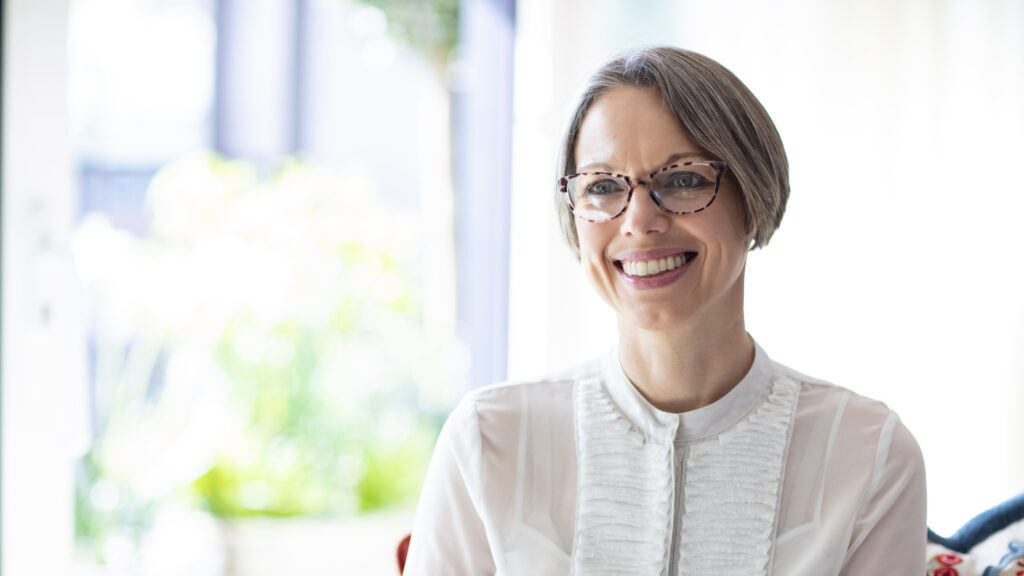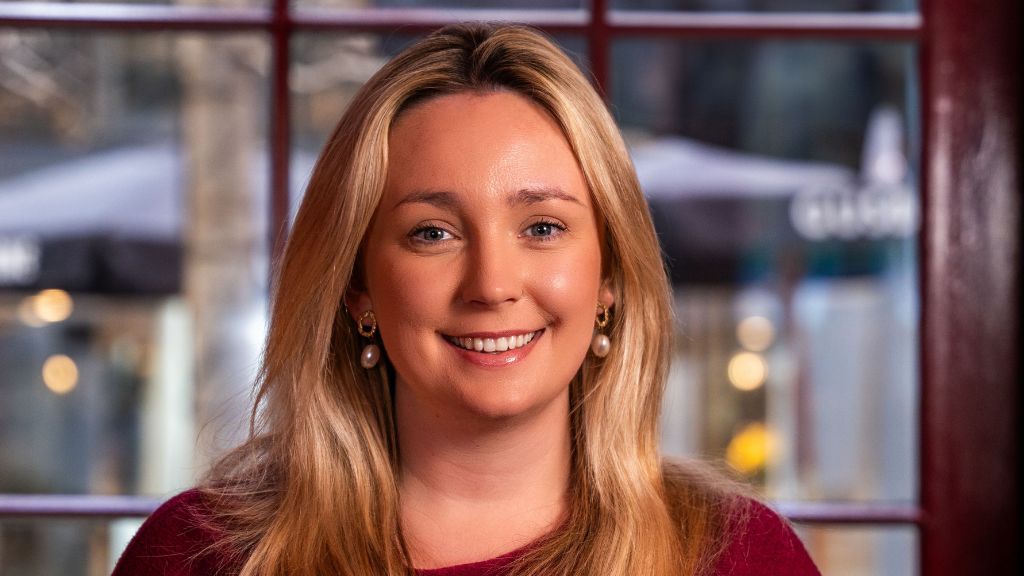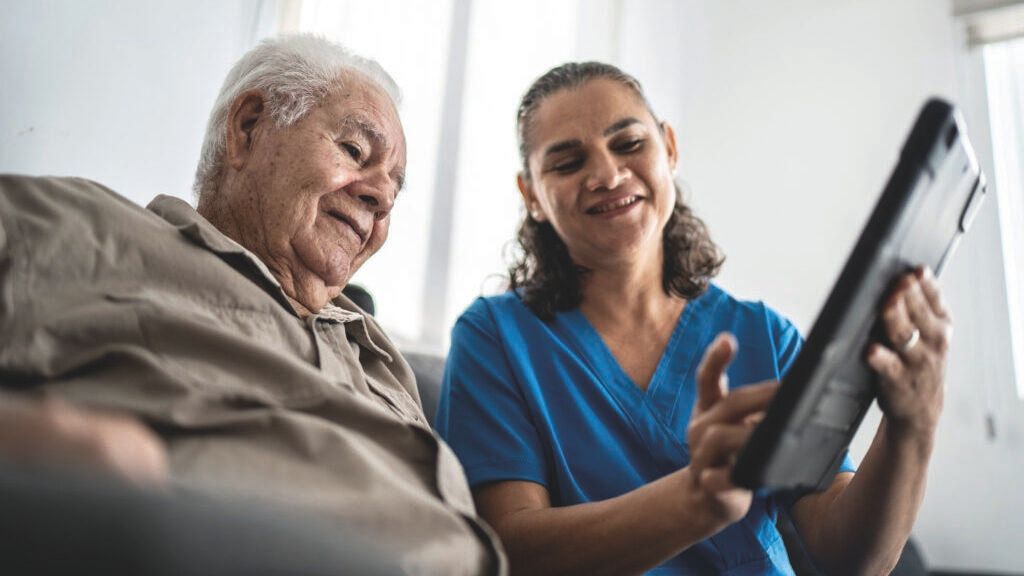Wellbeing: Health in later-life

Launching her new column, Riverstone’s wellbeing director Dr Zoe Wyrko, an expert on living and ageing well, offers a fresh take on later-living.
Riverstone is revolutionising retirement for people over 65, so that they continue to enjoy interesting and active lives right in the heart of London.
When I’m asked about the main difference between my former life as a physician in the NHS, and my current job as wellbeing director for Riverstone, my answer often surprises people. It’s not about the beautiful surroundings or being respected by my employers, but rather that I now have the opportunity to help older people to stay well instead of just picking up the pieces once things have gone wrong.
Working as part of a frailty-focused multidisciplinary team in a busy inner-city A&E department meant my colleagues and I could often see the tipping point in a person’s life approaching, but were completely powerless to stop it, knowing that we would shortly be dealing with a full-blown crisis for that individual and their loved ones. We could often identify where a timely care, support or health intervention would have made all the difference, were it able to be accessed.
Protecting our own health, preventing illness where possible, and being fit to face what comes at us as we get older is a step that everyone should be able to take – and for those of us working in the care sector, it’s something that we should be supporting our clients with.
It’s a way to be able to maintain a degree of power over what life throws at us, and a sense of control is important for both physical and mental health.
Scientific research has shown that genetics account for about 25% of how we age, which means that we are able to exert an influence on the rest. Some aspects will still be out of our control, for example, our childhoods, personal circumstances and employment (the social determinants of health that cause inequalities) but there is still scope for change, and it’s never too late in life to start.
Public health campaigns mean we know not to smoke, not to drink too much alcohol, to eat a healthy balanced diet, and to do 150 minutes of moderate exercise (including two sessions of 30-minute strength training) each week. However, ‘knowing’ is different to ‘doing,’ and unfortunately exercise and a good diet are not within the reach of many in 21st century Britain.
There are then vital aspects of prevention which require interaction with a health professional, such as getting blood pressure checked and treated, receiving scheduled vaccinations, seeing a dentist, getting eyes and ears tested (correcting sensory impairments has been proved to reduce loneliness, isolation and subsequent depression and cognitive impairment). These basic interventions are becoming harder to access for many people due to availability, or cost, or simply the ability physically to get to the services.
And finally, it’s much harder to measure things that don’t happen, compared to things that do. We know that a timely support package, with long enough care calls, can prevent the decline that leads to falls, fractures and ultimately much higher costs and a poor quality of life. But all that will be seen on the balance sheet is the cost of that care for a person not in desperate need, with none of the benefits that occur as a result of it.
For more information on Riverstone and its revolutionary ‘Wellbeing Journey’, visit riverstoneliving.com




